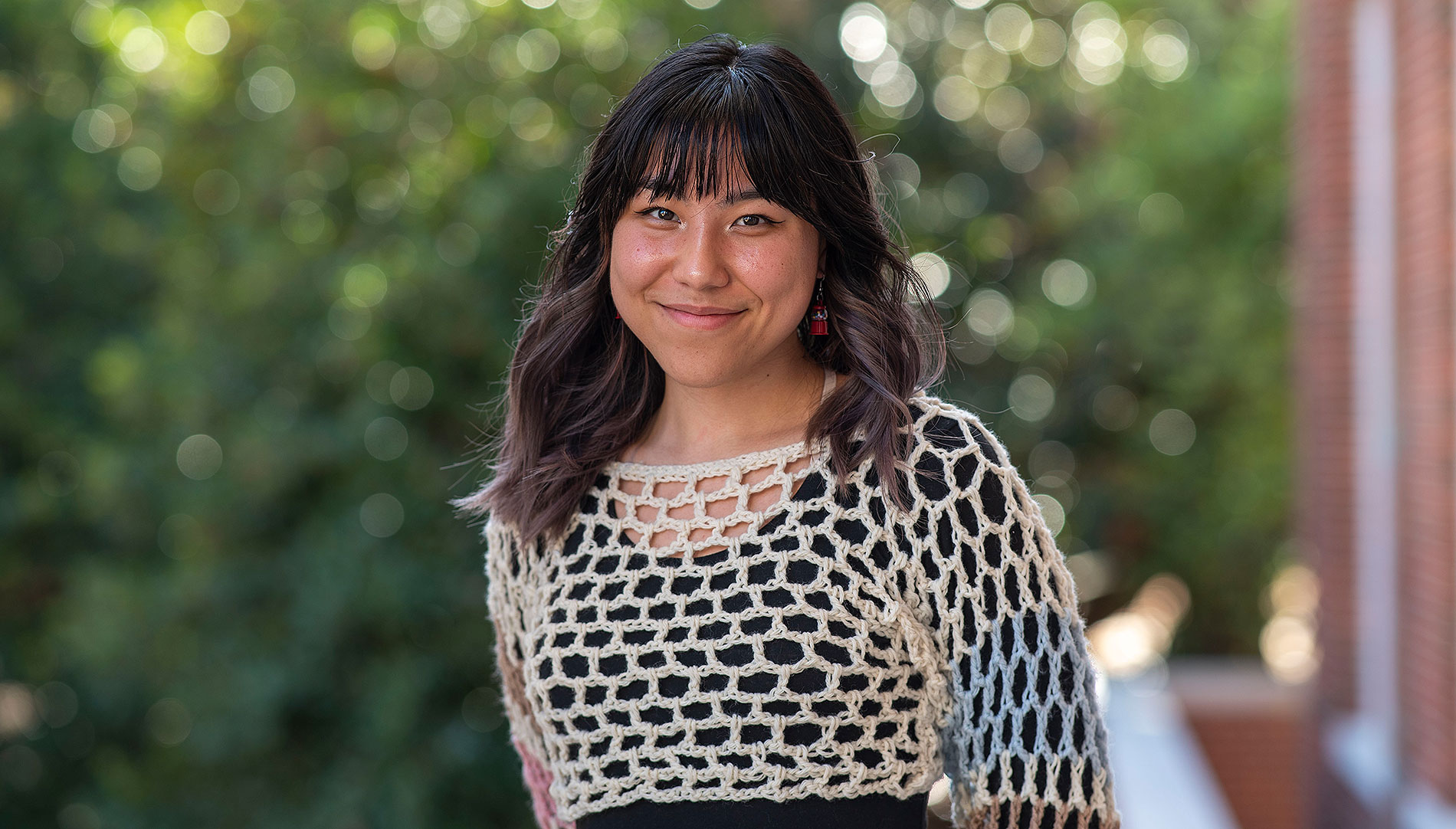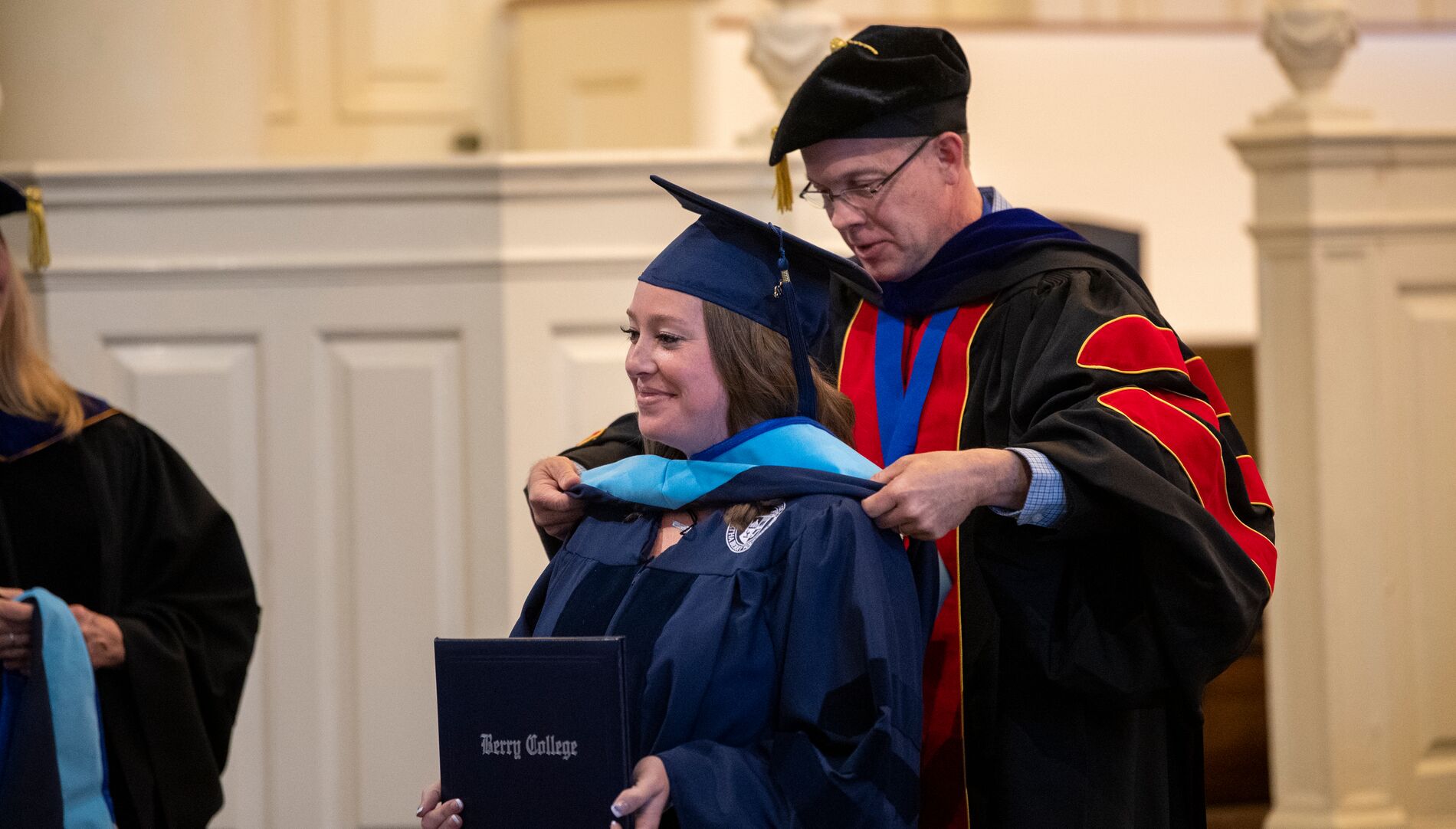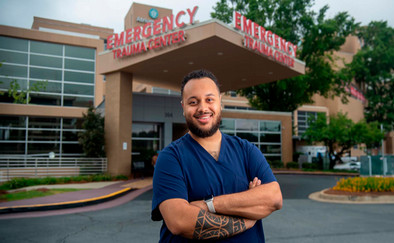Four Berry College animal science majors recently spent their spring semester at the renowned Hagyard Equine Medical Institute in Kentucky.
Erica Murphy, Jessie Cathcart, Cabe Sulhoff and Austin Wright worked as veterinary assistant interns at the Institute, which supports the thoroughbred racing industry.
“The inaugural four from Berry College set the bar very high and represented Berry College well. We're looking forward to bringing more Berry students to Lexington for our busy breeding season,” said Dr. Ernest Martinez II, DVM.
Since its inception in 1876, Hagyard Equine Medical Institute has been at the forefront of equine medicine. Its reputation is built, in part, on a continued effort to increase veterinary knowledge and thereby improve the state-of-the-art treatments and surgeries offered to its equine clientele which represent international breeding operations, world-renowned racehorses as well as performance and pleasure horses.
The students’ daily work included assisting with mares and foals as well as working in the Neonatal Intensive Care Unit with the most critical horses. They worked fulltime on shift rotations so they were able to experience new employees and new emergencies every six weeks.
“I never thought I would be finding heart defects in neonatal foals and being a part of a team saving hemorrhaging mares and seizing foals in the spring of my freshman year” said Cathcart. ”Administering treatments every two hours to 1,200 pound mares and untangling the fluid lines connected to their rambunctious foals was a challenge, but I learned so much from putting myself in this truly hands-on experience.”
During the foaling season, many pre-mature foals and their mares arrived at the hospital. The students quickly learned how to hook up oxygen in under 30 seconds, assist in the birthing process and help premature foals learn to walk and nurse.
“The most educational and my favorite thing to do was going on dystocias - which is obstructed labor,” recalled Murphy. “I can't thank Berry and Hagyard enough for making this possible. I met lifelong friends and made incredible connections in the horse industry that I know I’ll put to use in the future.”
Rising junior Sulhoff worked as an ambulatory field care assistant and tried a number of tasks such as taking blood samples, x-raying yearlings, palpating pregnant mares and diagnosing lameness. However, his primary responsibility was to ensure that whenever the veterinarian held out his hand for the next piece of equipment, whether it be suturing material, needles, blood tubes, gauze, plasma, etc., it was there waiting for him.
“At first it was frustrating because the doctor wouldn’t tell me what I needed to bring, he just simply asked for it. But now as I look back I realize that he did this because he wanted to teach me confidence, boldness and responsibility in the things I do,” he said. “It has done nothing but strengthen my passion and perseverance to become a veterinarian.”
Wright said the internship requires students who are willing to work long hours, get dirty, get up early and work with a variety of people.
""However if you want to learn more about equine medicine, the thoroughbred industry and the real world applications of what we are learning than you ever thought possible, you will never find a better opportunity or staff than the doctors at Hagyard Equine""
To learn more about Berry's animal science program, go to http://www.berry.edu/academics/science/ans/ .
###
Written by Public Relations Student Assistant Alexi Bell


